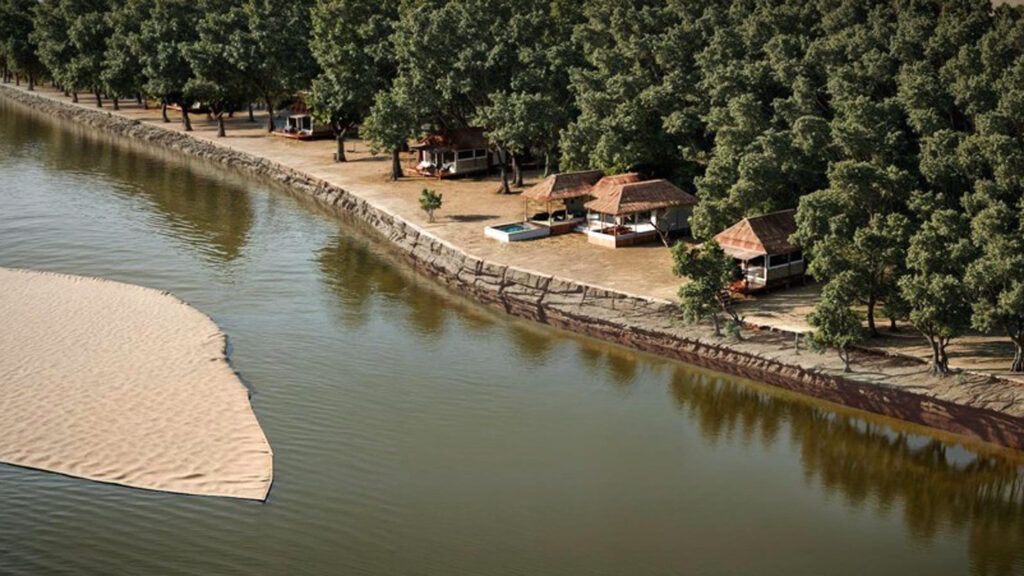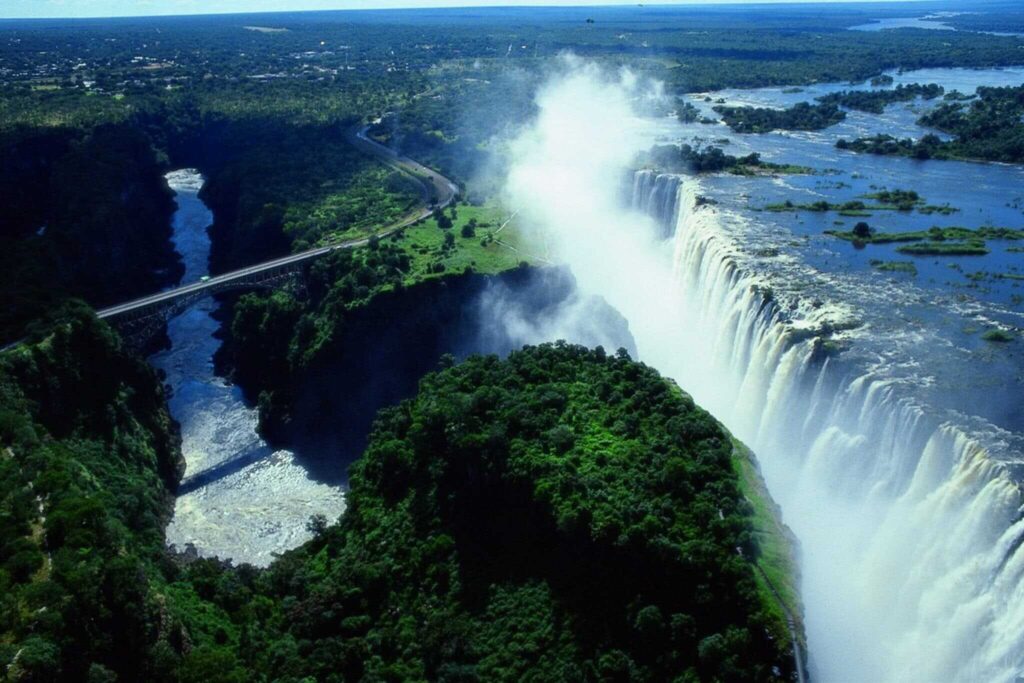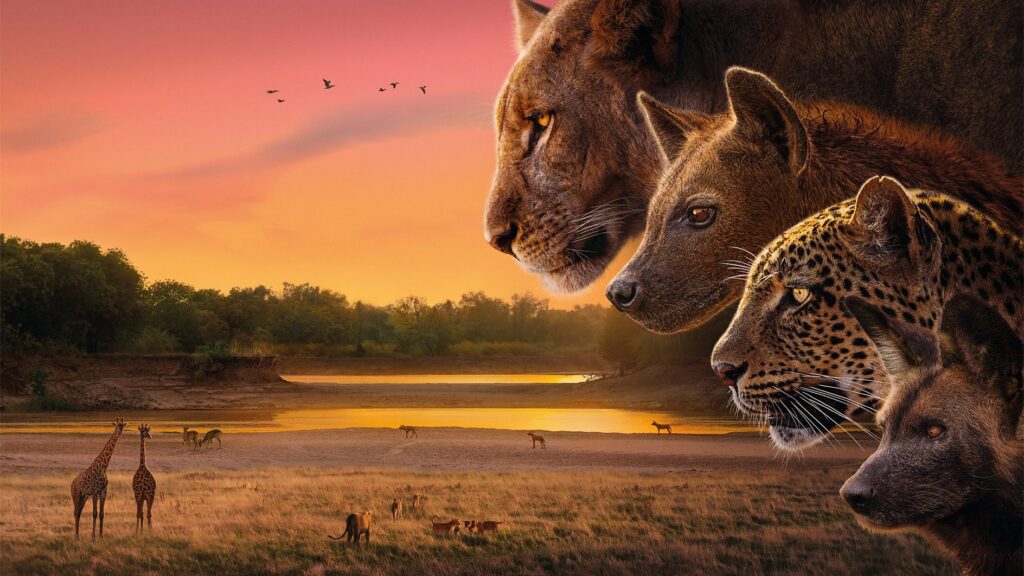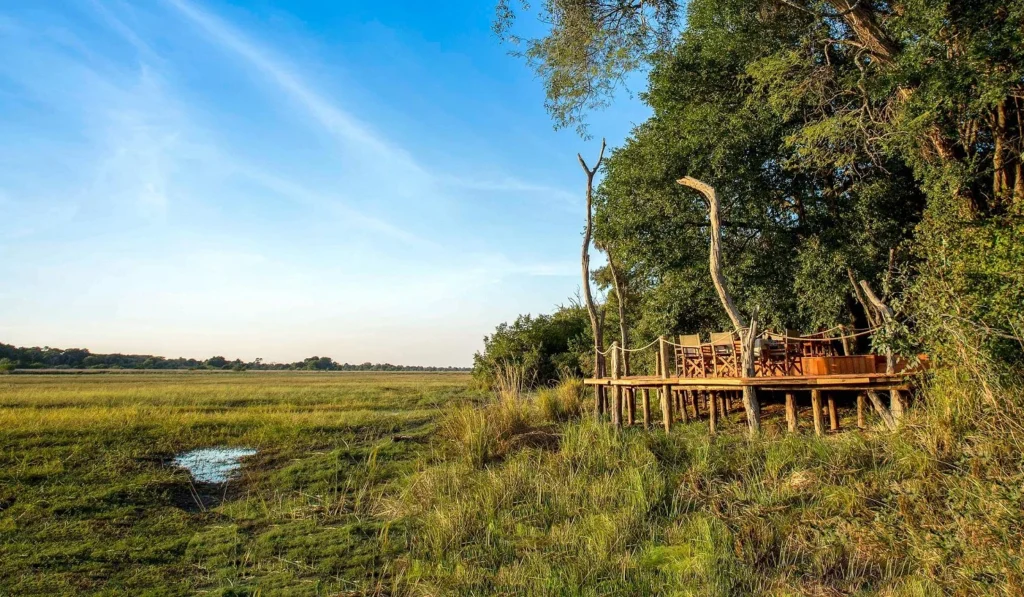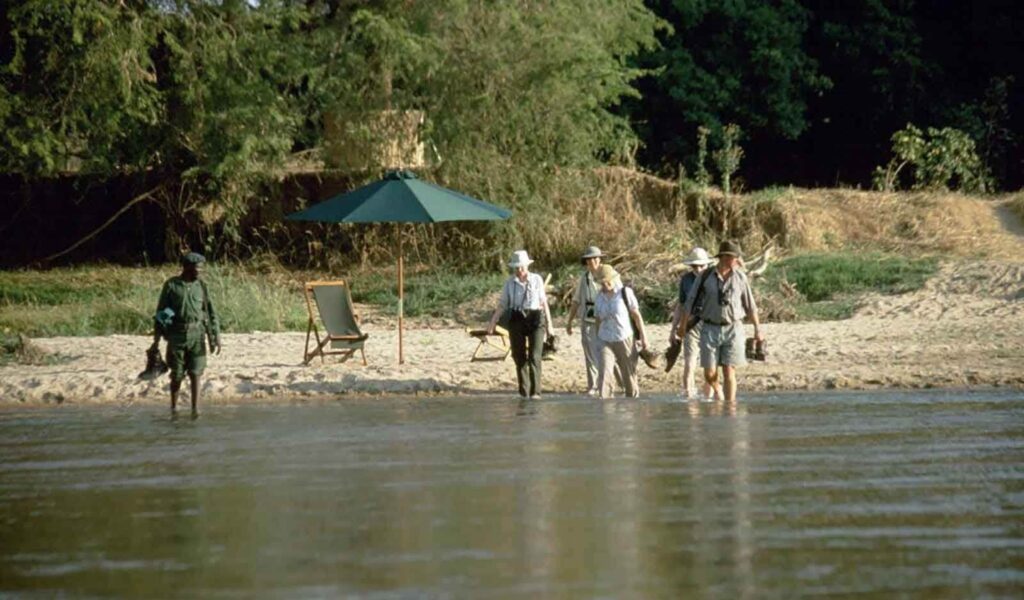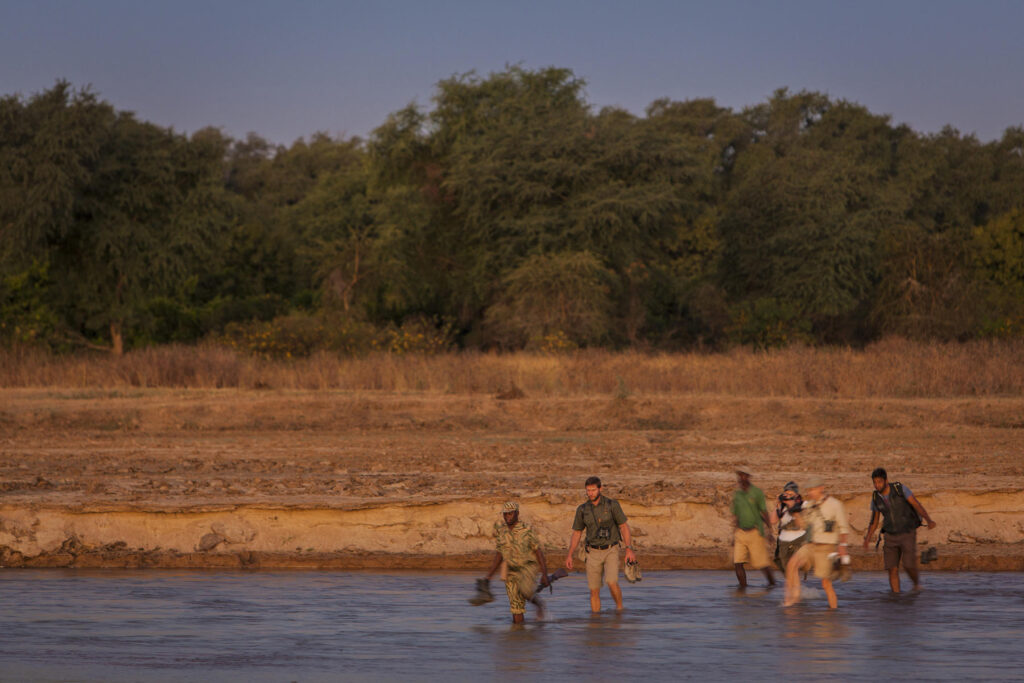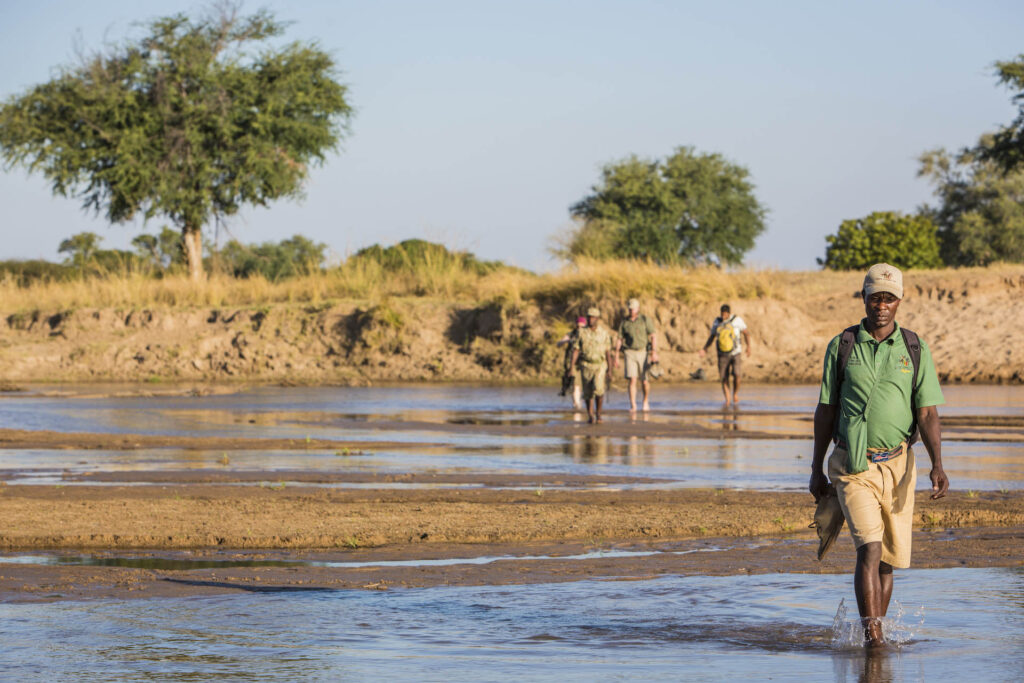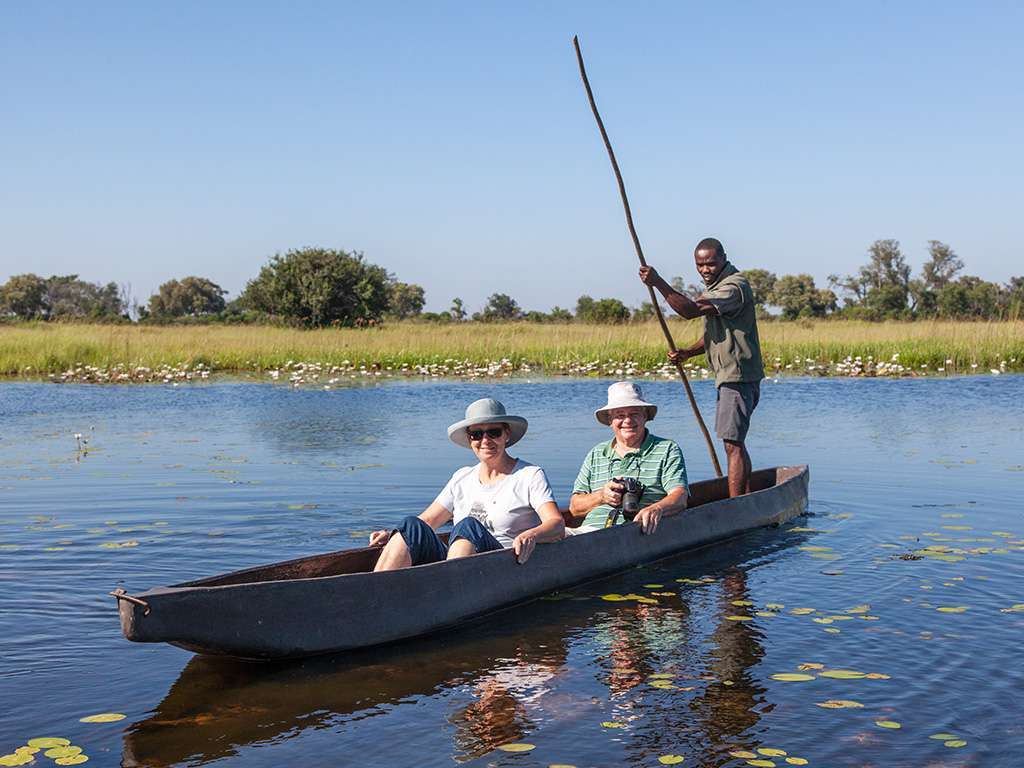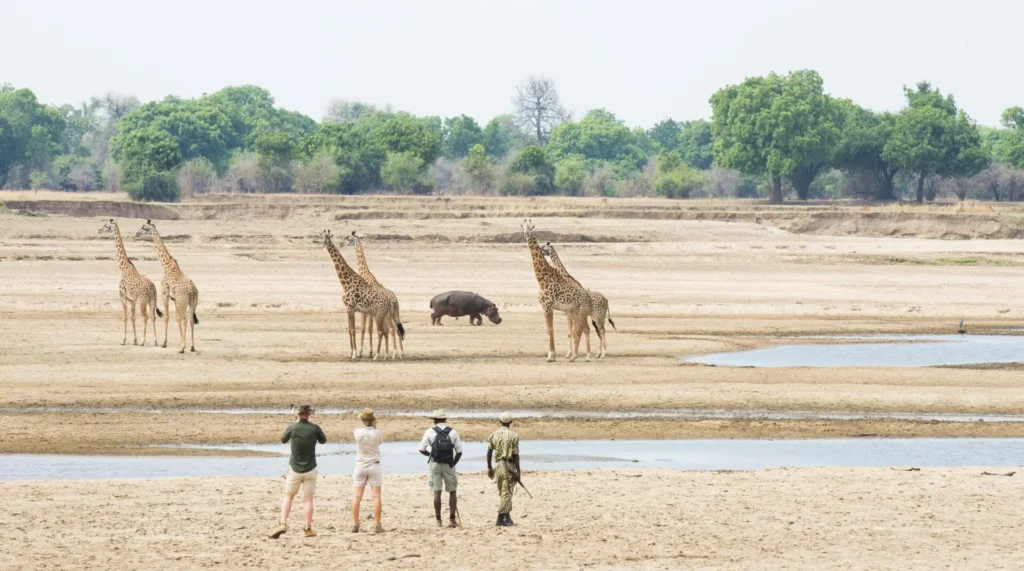Experience the Magic of Zambia Safari Tours with Tafika Travel Advisor
Nestled in the heart of Southern Africa, Zambia offers some of the most pristine and awe-inspiring safari experiences in the world. With its unspoiled wilderness, diverse wildlife, and vibrant culture, Zambia has emerged as a top destination for adventurers seeking an authentic safari experience. Exploring Safaris, based right here in Zambia, is your trusted partner in unlocking the secrets of this remarkable land.
Why Choose Zambia for Your Safari Adventure?
Zambia stands apart as a safari destination due to its raw and untouched beauty. Here’s why Zambia safari tours are a must:
1. Abundant Wildlife: Home to the “Big Five” and more, Zambia boasts a rich variety of animals, including lions, leopards, elephants, buffaloes, and rhinoceroses.
2. World-Class National Parks: With iconic parks like South Luangwa, Kafue, and Lower Zambezi, Zambia offers diverse landscapes ranging from riverine forests to sprawling savannahs.
3. Walking Safaris: Zambia is the birthplace of walking safaris, providing a unique, up-close experience with nature.
4. Victoria Falls: Known locally as Mosi-oa-Tunya (“The Smoke That Thunders”), this UNESCO World Heritage Site is one of the Seven Natural Wonders of the World.
5. Exclusive Experiences: Unlike more commercialized safari destinations, Zambia offers an intimate and off-the-beaten-path experience, far from crowds.
Tafika Travel Advisor: Your Gateway to Zambia’s Wilderness
At Tafika Travel Advisor, we pride ourselves on crafting tailor-made safari experiences that showcase the very best of Zambia. Whether you’re a wildlife enthusiast, a photography buff, or simply looking to reconnect with nature, our tours cater to all.
What Sets Tafika Travel Advisor Apart?
1. Local Expertise: Being based in Zambia, our guides have unparalleled knowledge of the terrain, wildlife, and local culture.
2. Eco-Friendly Practices: We prioritize sustainable tourism, ensuring that our activities contribute to the preservation of Zambia’s natural heritage.
3. Personalized Itineraries: No two safaris are alike. We design experiences that match your interests, budget, and schedule.
4. Safety First: With well-maintained vehicles and trained guides, your safety is our top priority.
Top Destinations for Zambia Safari Tours
South Luangwa National Park
Renowned as the crown jewel of Zambia’s national parks, South Luangwa is a haven for wildlife enthusiasts. With over 60 species of animals and 400 species of birds, the park offers a rich and immersive safari experience. Highlights include:
Walking Safaris: Venture on foot to witness animals in their natural habitat.
Night Game Drives: Discover the nocturnal wonders of the African bush.
Seasonal Wonders: Visit during the dry season (May to October) for concentrated wildlife sightings around waterholes.
Lower Zambezi National Park
Nestled along the Zambezi River, this park offers a stunning backdrop for a safari adventure. Key activities include:
Canoeing Safaris: Glide through the tranquil waters of the Zambezi while observing hippos, crocodiles, and a variety of birds.
Fishing Excursions: Try your hand at catching the legendary tiger fish.
Luxury Lodges: Stay in exclusive accommodations that blend comfort with wilderness.
Kafue National Park
As one of the largest national parks in Africa, Kafue offers a mix of ecosystems and unparalleled biodiversity. Highlights include:
Game Drives: Explore the expansive plains and woodlands teeming with wildlife.
Boat Cruises: Discover the park’s waterways and spot aquatic animals.
Rare Species: Encounter unique animals like cheetahs and wild dogs.
Victoria Falls
A trip to Zambia wouldn’t be complete without witnessing the majestic Victoria Falls. Beyond its sheer beauty, visitors can enjoy:
Helicopter Rides: Get a bird’s-eye view of the falls and surrounding areas.
Devil’s Pool: Swim at the edge of the waterfall for an adrenaline-pumping experience.
Cultural Tours: Learn about the local traditions and folklore associated with the falls.
Unique Safari Experiences with Tafika Travel Advisor
Walking Safaris: The Heartbeat of Zambia
Originating in South Luangwa, walking safaris are a quintessential Zambian experience. Led by skilled guides, these tours allow you to:
– Track wildlife on foot.
– Learn about the smaller, often overlooked aspects of the ecosystem.
– Immerse yourself in the sights, sounds, and smells of the bush.
Night Drives: Witness the Nocturnal World
When the sun sets, a different side of the wilderness comes to life. Night drives offer the chance to spot:
– Leopards prowling for prey.
– Bush babies leaping through trees.
– Hyenas on the hunt.
Canoeing Adventures: Glide Through the Zambezi
For a unique perspective, embark on a canoeing safari along the Zambezi River. Paddle through serene waters while keeping an eye out for:
– Elephants quenching their thirst.
– Birds swooping down to catch fish.
– Crocodiles basking on riverbanks.
When to Visit Zambia for Safari Tours
Zambia offers year-round safari opportunities, but the best time depends on your preferences:
1. Dry Season (May to October): Ideal for game viewing as animals gather around water sources. The weather is cooler, making it perfect for outdoor activities.
2. Green Season (November to April): Known for its lush landscapes and baby animals, this period is excellent for birdwatching and photography.
Practical Tips for Your Zambia Safari Tour
1. Pack Smart: Bring lightweight clothing, comfortable shoes, a wide-brimmed hat, and sunscreen. Don’t forget binoculars and a camera!
2. Health Precautions: Consult your doctor about vaccinations and malaria prevention.
3. Respect Nature: Follow your guide’s instructions, and avoid disturbing the animals.
4. Currency: Zambia’s currency is the Zambian Kwacha, but U.S. dollars are widely accepted.
Book Your Zambia Safari Tour Today
With Exploring Safaris, your dream of experiencing Zambia’s untamed beauty can become a reality. From the thundering roar of Victoria Falls to the serene landscapes of the Lower Zambezi, every moment promises to be unforgettable.
Contact us today to plan your bespoke Zambia safari tour and create memories that will last a lifetime
